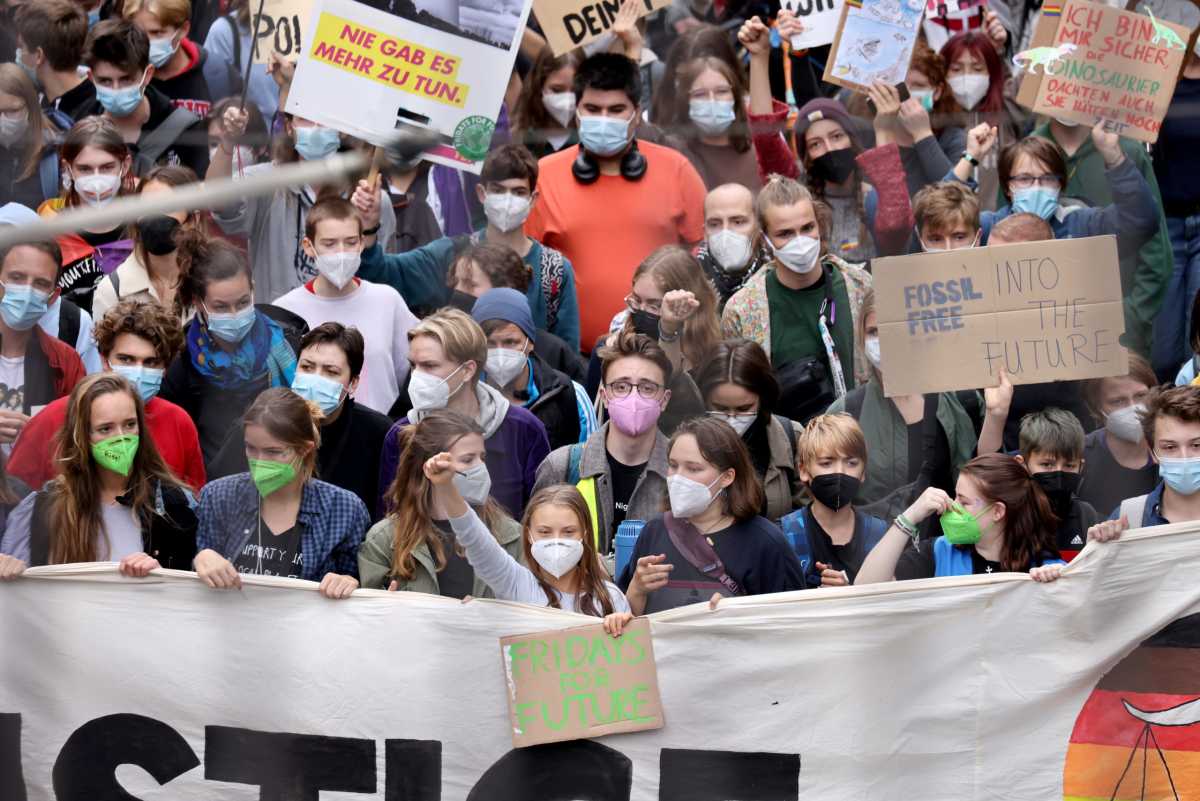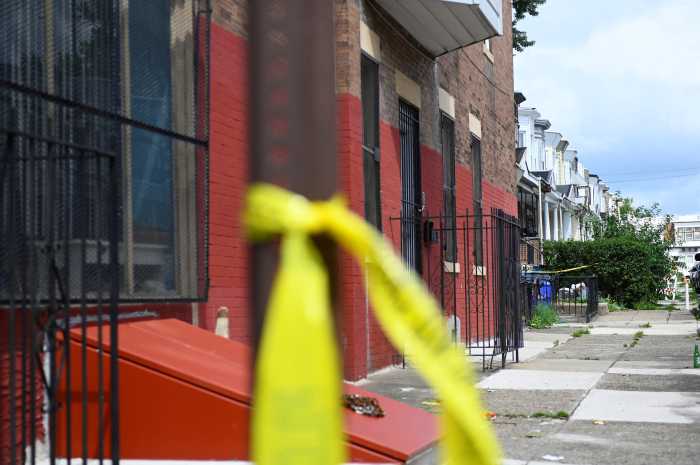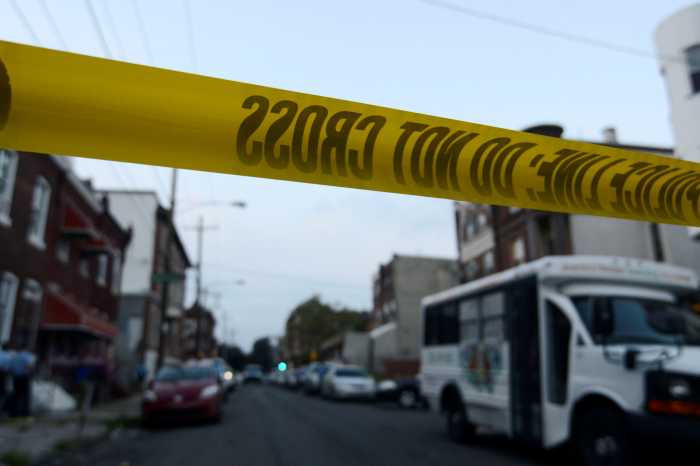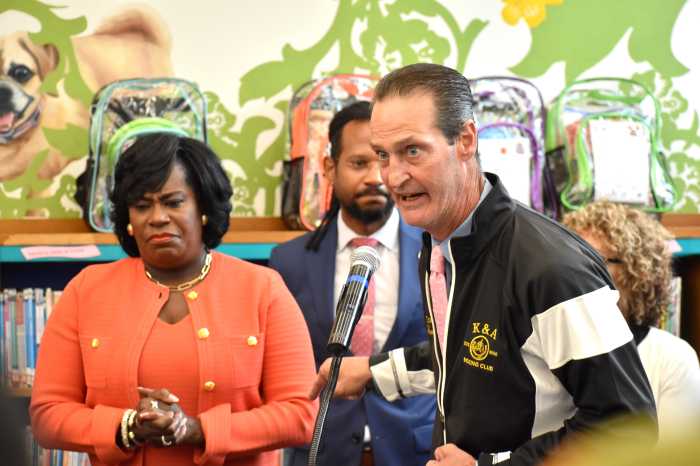By Kate Abnett
Young people around the world took to the streets on Friday to demand urgent action to avert disastrous climate change, in their largest protest since the start of the COVID-19 pandemic.
The strike takes place five weeks before the U.N. COP26 summit, which aims to secure more ambitious climate action from world leaders to drastically cut the greenhouse gas emissions heating the planet.
“The concentration of CO2 in the sky hasn’t been this high for at least 3 million years,” Swedish activist Greta Thunberg told a crowd of thousands of protesters in the German capital.
“It is clearer than ever that no political party is doing close to enough.”
Demonstrations were planned in more than 1,500 locations by youth movement Fridays for Future, kicking off in Asia with small-scale demonstrations in the Philippines and Bangladesh, and spreading throughout the day to European cities including Warsaw, Turin and Berlin.
“Everyone is talking about making promises, but nobody keeps their promise. We want more action,” said Farzana Faruk Jhumu, 22, a youth climate activist in Dhaka, Bangladesh. “We want the work, not just the promises.”
A landmark U.N. climate science report in August warned that human activity has already locked in climate disruptions for decades – but that rapid, large-scale action to reduce emissions could still stave off some of the most destructive impacts.
So far, governments do not plan to cut emissions anywhere near fast enough to do that.
The United Nations said last week that countries’ commitments would see global emissions increase to be 16% higher in 2030 than they were in 2010 – far off the 45% reduction by 2030 needed to limit warming to 1.5 degrees Celsius.
“We are here because we are saying a loud ‘no’ to what is happening in Poland,” said Dominika Lasota, 19, a youth activist at a protest in Warsaw, Poland. “Our government has for years been blocking any sort of climate politics and ignores our demands for a safe future.”
Friday’s strike marked the in-person return of the youth climate protests that in 2019 drew more than six million people onto the streets, before the COVID-19 pandemic largely halted the mass gatherings and pushed much of the action online.
Yusuf Baluch, 17, a youth activist in the Pakistani province of Balochistan, said the return to in-person events was vital to force leaders to tackle the planetary crisis.
“Last time it was digital and nobody was paying attention to us,” he said.
But with access to COVID-19 vaccines still highly uneven around the world, activists in some poorer countries said they would only hold symbolic actions with only a handful of people.
“In the global north, people are getting vaccinated so they might be out in huge quantities. But in the global south, we are still limited,” Baluch said.
Reuters





























